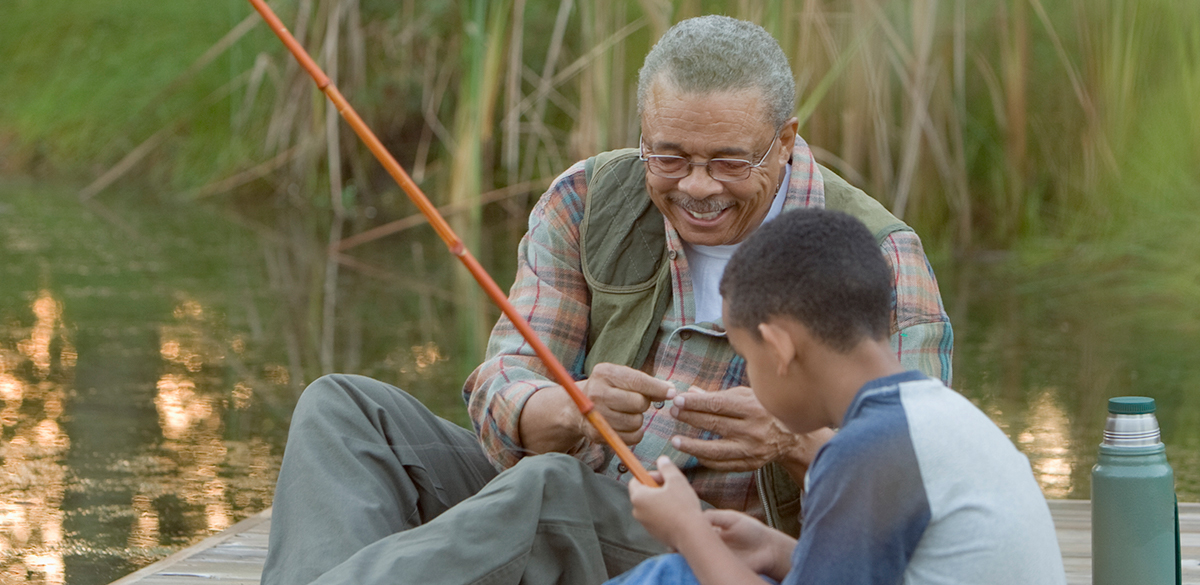By: Shanthi Appelö, registered dietitian and health and wellness spokesperson at Blue Cross Blue Shield of Michigan
Water makes up 60 percent of the adult human body. All of our vital organs – lungs, brain, skin, muscles, kidney and heart – are comprised primarily of water. In this way, water contributes to the body’s most important functions including regulating internal body temperature, transferring essential nutrients through the bloodstream, removing waste and lubricating joints. However, over time, the body’s ability to conserve water is reduced, fluid reserves become smaller and the senses associated with detecting thirst become less acute. For these and other reasons, the risk of dehydration increases with age.
Why are Older Adults at a Higher Risk?
As we age, the body loses water. Research has shown that seniors have almost half the body water than that of younger individuals. Factors that commonly contribute to dehydration in older adults include:
- Reduced sense of thirst
- Chronic illness
- Dementia
- Lack of appetite
- Certain medications
- Physical disability
Prevention is Key
Use these tips to help prevent dehydration and stay hydrated:
- Try to drink between each meal. This is especially important for those who are cognitively impaired.
- Track daily fluid intake and output.
- Make a “fluids schedule” to ensure hydration throughout the entire day.
- Make sure water is accessible and within reach throughout the day.
- Try drinking fluids a few ounces at a time, so the routine does not become overwhelming.
- Ensure the availability of a variety of fluids to prevent boredom and reluctance.
- Infuse water with fruit, herbs or cucumber to improve taste.
- Accommodate for any disability with drinking equipment, such as straws or cups with handles.
- Incorporate fruits and vegetables into every meal to increase fluid intake. These foods naturally provide water to the body.
It is important to recognize the signs and symptoms of dehydration to prevent compromised immune systems, constipation and in the worst cases, death. Symptoms of dehydration include confusion, weakness, dark urine, decreased skin elasticity, headache, dry mouth, fatigue, lethargy, dizziness, increased heart rate and a sudden change in blood pressure upon standing. Chronic dehydration can have serious effects on the heart and kidneys. If any of these symptoms exist, contact a medical professional.
Shanthi Appelö is a registered dietitian and health and wellness spokesperson for Blue Cross Blue Shield of Michigan. For more health tips, visit AHealthierMichigan.org

